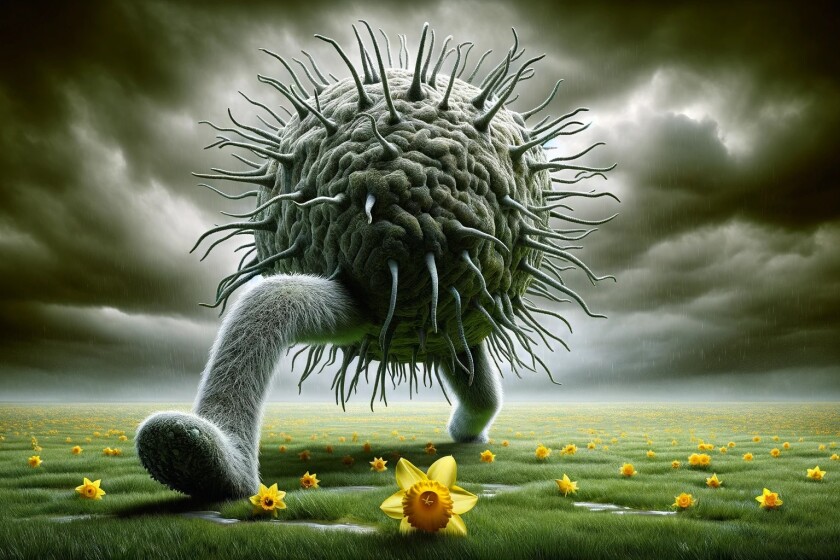Microbes stomp daffodils in creating valuable anti-Alzheimer's drug
Date: 13.3.2024
Using an AI-based approach, researchers found a better way to create the drug galantamine, commonly prescribed to people suffering from Alzheimer's and other forms of dementia. The fermentation-based technique could boost the drug's availability.
 Team of researchers from the University of Texas (UT) has called upon E. coli once again, this time to produce the anti-dementia drug galantamine. Galantamine works by slowing the breakdown of acetylcholine in the brain, which is an important neurotransmitter that is often degraded in the face of Alzheimer's disease and other cases of dementia. The active ingredient in galantamine is typically extracted from daffodils but that production method is time consuming and subject to the challenges faced by growing and harvesting any crop.
Team of researchers from the University of Texas (UT) has called upon E. coli once again, this time to produce the anti-dementia drug galantamine. Galantamine works by slowing the breakdown of acetylcholine in the brain, which is an important neurotransmitter that is often degraded in the face of Alzheimer's disease and other cases of dementia. The active ingredient in galantamine is typically extracted from daffodils but that production method is time consuming and subject to the challenges faced by growing and harvesting any crop.
To create the drug in a different way, the UT team genetically engineered E. coli bacteria to produce galantamine building block 4'-O-Methylnorbelladine as a normal part of its metabolic fermentation process. This is the compound that normally comes from daffodils and it's also used in drugs that, among other things, fight cancer and battle viral and fungal infections.
"The goal is to ferment medicines like this in large quantities eventually," said Andrew Ellington, a professor of molecular biosciences and one of the study authors. "This method creates a reliable supply that is much less expensive to produce. It doesn't have a growing season, and it can't be impacted by drought or floods."
Image source: AI generated by DALL-E.























